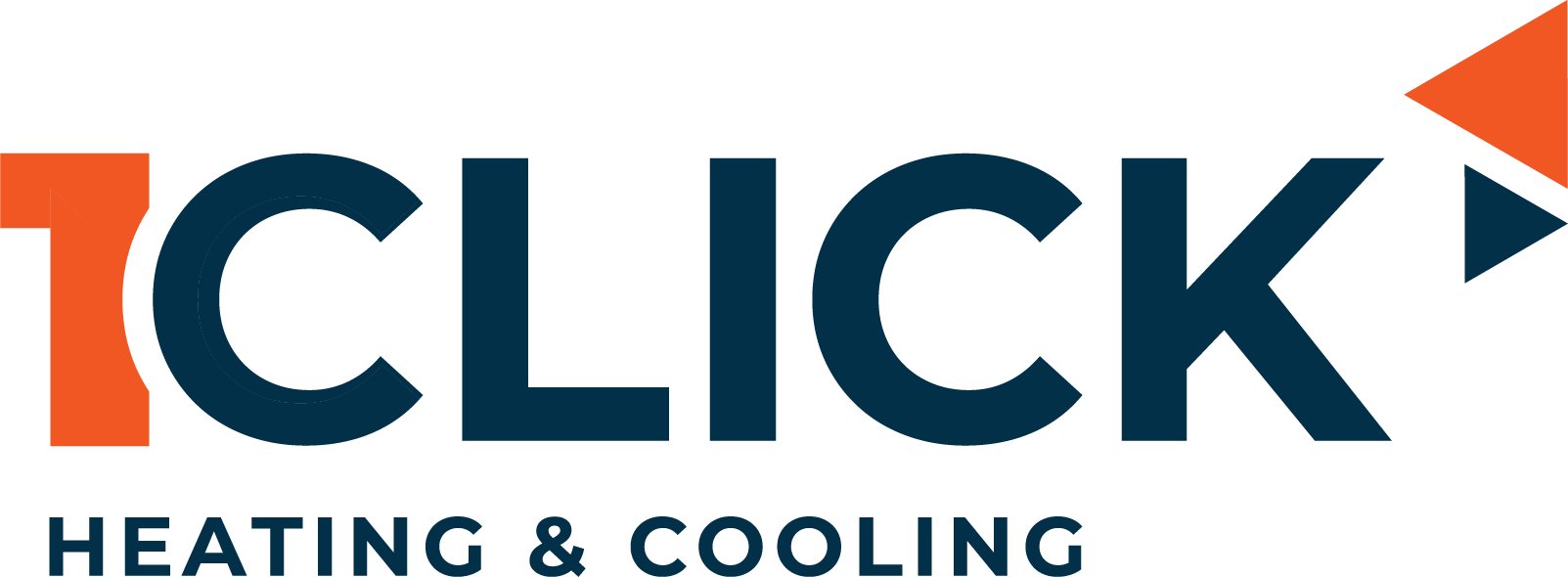There is a real issue in the HVAC world and it comes in the form of long-term HVAC rental contracts, especially for hot water tanks and HVAC systems. It is standing at the forefront of the environmental and energy efficiency debate.
These contracts often bind customers to older, less efficient equipment, creating a significant disconnect with the evolving needs for sustainable solutions, like air source hot water tanks and heat pumps. This misalignment not only impacts the environment negatively but also impedes consumers’ ability to adopt more advanced, energy-efficient technologies.
The Dilemma of Long-Term HVAC Rental Contracts
HVAC systems, including hot water tanks and broader heating, ventilation, and air conditioning units, are essential for comfort and functionality in residential and commercial buildings. However, the efficiency of these systems varies greatly depending on their age and technology. Long-term rental agreements can lock customers into using outdated models that are less efficient and environmentally friendly.
Key challenges include:
- Outmoded Technology: many HVAC systems under long-term rental contracts are not up to current energy efficiency standards.
- Barriers to Upgrading: customers are often unable to switch to newer technologies, such as air source hot water tanks or heat pumps, due to restrictive rental agreements.
- Elevated Carbon Footprint: continued reliance on less efficient HVAC systems leads to higher energy consumption and increased greenhouse gas emissions.
Conflict with Environmental Objectives
Government policies are increasingly pushing for the adoption of green technologies and the phase-out of energy-inefficient systems. However, the rigidity of long-term HVAC rental contracts creates a disconnect with these policies, leading to issues like:
- Delayed Compliance with Regulations
- Customers in binding contracts may struggle to align with new environmental standards.
- Hindered Market Evolution:
- The market’s natural progression towards more sustainable HVAC solutions is impeded.
Solutions and Strategies
To mitigate this issue, several actions can be considered:
- Contractual Flexibility: rental companies need to offer contracts that allow for upgrades to more efficient and environmentally friendly technologies.
- Incentivizing Green Technology: governments could provide incentives to rental companies and customers for adopting energy-efficient HVAC systems.
- Educational Initiatives: increasing consumer awareness about the benefits of modern HVAC technologies can stimulate demand for sustainable options.
- Supportive Regulations: policymakers can introduce measures that encourage or mandate the replacement of outdated HVAC systems with greener alternatives.
The Need to Move Towards a Solution
Canada is pushing hard to achieve our targeted greenhouse gas emission reductions. Air-source hot water heaters and heat pumps offer customers a way to reduce their own costs and move Canada closer to meeting our Net Zero objectives.
Long-term HVAC rental contracts, particularly for hot water tanks and HVAC systems, present a significant barrier to environmental progress. Addressing this challenge requires collaborative efforts from rental companies, governments, and consumers to realign rental practices with environmental goals and technological advancements. Such efforts are essential for facilitating a transition to more sustainable and efficient energy use in the HVAC sector.





